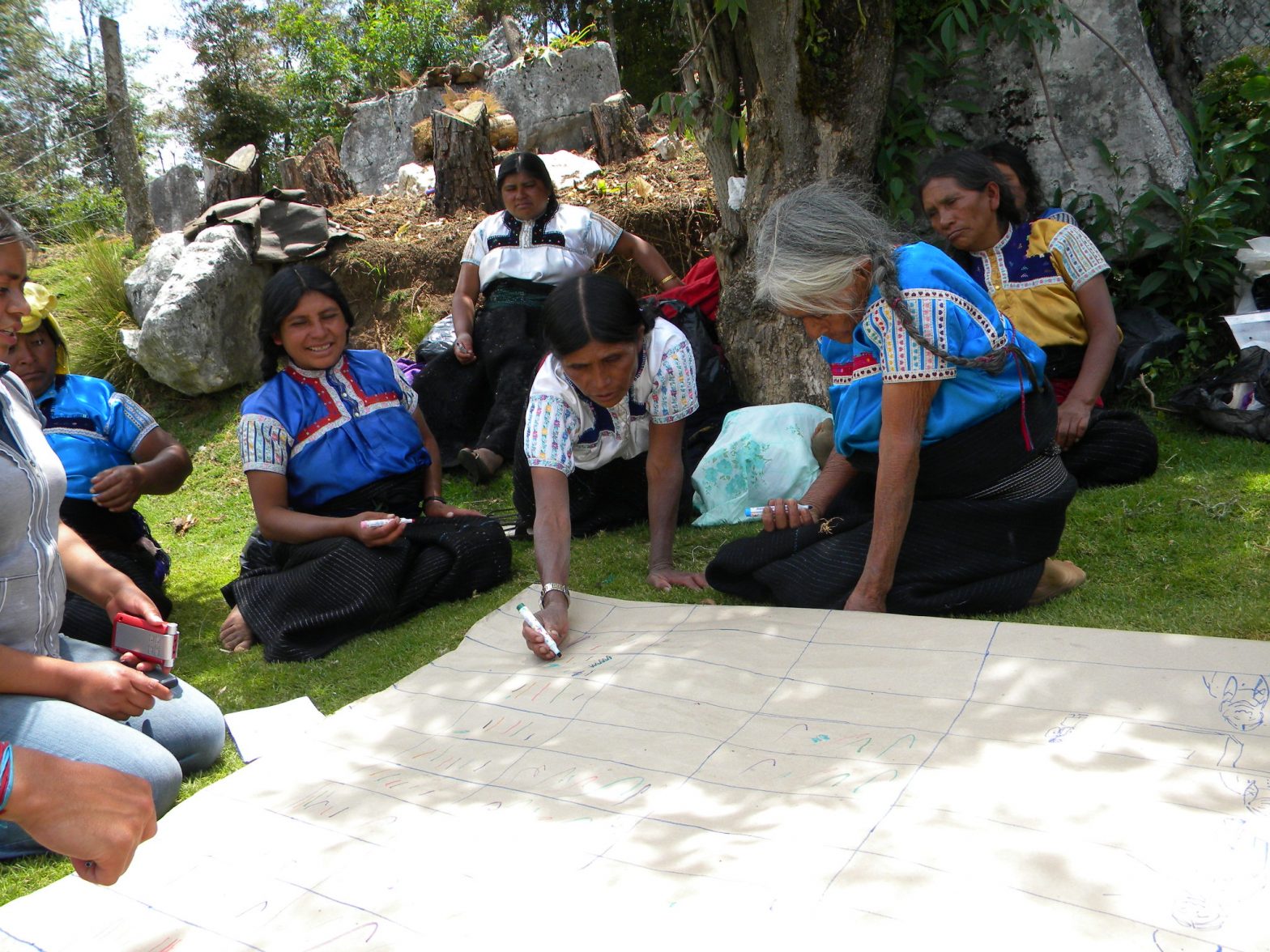Who we are: As individuals and organizations committed to the successful implementation of the Post-2015 Sustainable Development Goals (SDGs), we call for enhancing the power and capacity of communities to take charge of their own development.
Watch our brief introductory video.
A Human Right. Every human being has the inalienable right to participate in governance. For most of those living in hunger and poverty, this means governance within walking distance. People deserve this right to know that their voice and energies can make a difference. People in power must view people as “active citizens,” not beneficiaries, and “solutions,” rather than “problems.”
SDG #16 calls for building participatory, effective, accountable institutions “at all levels” – which must start at the level closest to the people. This must become a high priority.
A Gender-focused, Transformative Process. Community-led development is more than participatory projects. It requires a long-term process that empowers citizens and local authorities to transform entrenched patriarchal mindsets and take effective action.
Key Global Challenges. Four of the biggest challenges in the SDGs – to halt stunting, empower women, achieve inclusive economic growth and build climate change resilience – all require integrated and community-led solutions at the local level.
An end in itself. Community-led development is more than an effective and sustainable means to achieve development goals. As expressed in the Universal Declaration of Human Rights Article 29, “Everyone has duties to the community in which alone the free and full development of his personality is possible.” Participatory local governance is the only pathway through which most people will have this opportunity.
We therefore commit to work in alignment to achieve the following near-term goals:
- Raise the profile of community-led development in SDG-implementation discourse – starting with ourselves. We will develop a shared language for the practices, interventions and policies that enhance community-led development and we will project this language in our internal and external communications.
- Do the analysis. We will work in every context to ensure that the systems thinking being carried out by policy makers includes a bottom-up analysis – starting from people — as well as an accurate understanding of the community-level programs and institutions required.
- Generate, gather and disseminate evidence. We will build the evidence base for the importance of community-led development, and what works to enhance it.
- Share best practices. Empowering community-led development is a science, and we will document and share what works.
- Build the movement. Community-led development has strong relevance to good governance, peace and security, and humanitarian response, as well as to urban and rural social and economic development. We will reach out to all those working to enhance community-led development in all these communities.
- Advocate for an enabling policy environment and funding. Communities face an uphill battle, and are often starved for the information, skills, voice, and human and financial resources they need to fulfill their aspirations. We will develop and work together to support local, national and global advocacy efforts to remove the obstacles and strengthen support for community-led development.
- Take it to scale. Within activities already underway, there are enormous opportunities to work together to mobilize communities and unleash the greatest and most under-recognized resource for development – people power, and particularly the leadership of women and youth.


